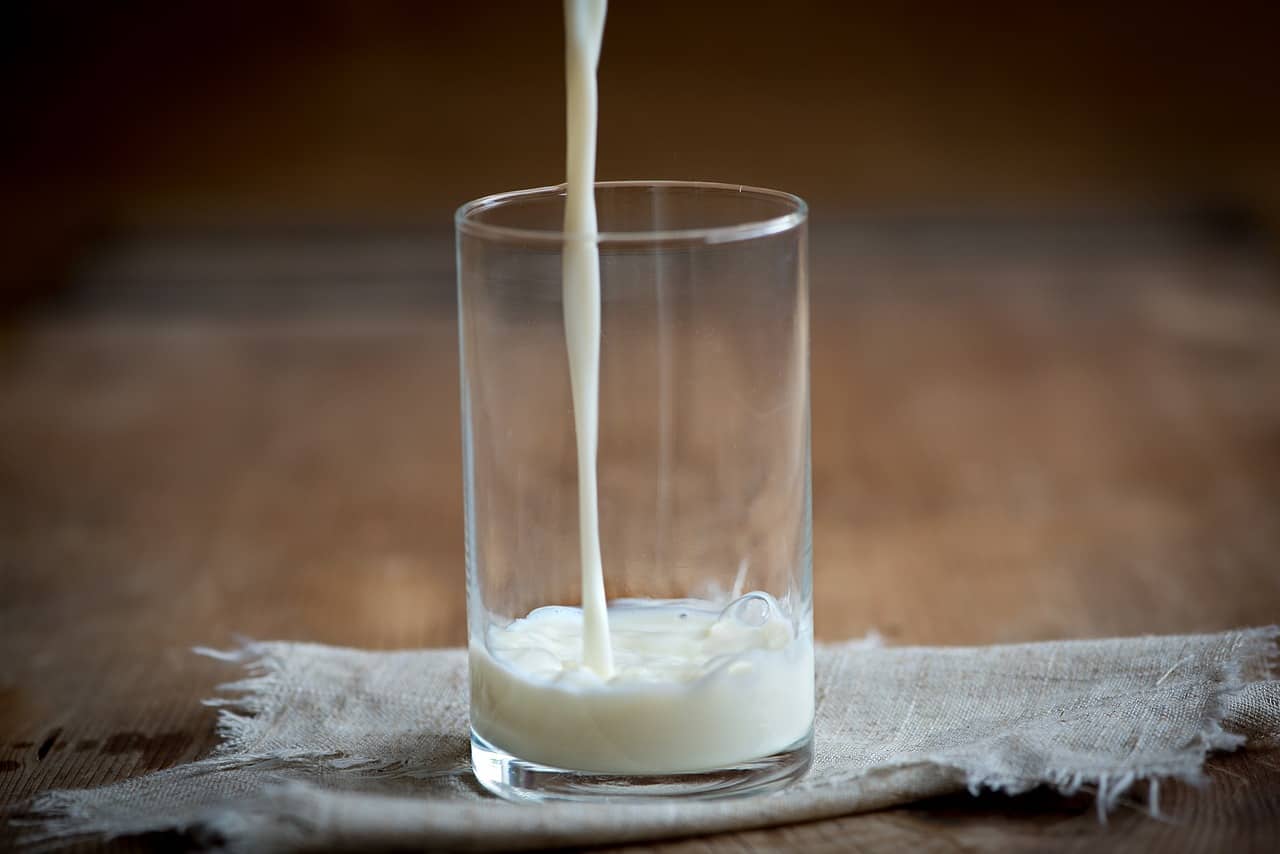Got milk?
Whether you have an allergy, are lactose intolerant, or are simply looking to try something new, there are plenty of options to choose from when it comes to milk alternatives.
Just like cow’s milk, dairy-free milks can be used in recipes, added to coffee or cereal, and enjoyed on their own as a creamy beverage. While there are several dairy-free milks sold in supermarkets these days, you can also reduce costs by making your own.
Here’s a closer look at some of our favorite dairy-free milks and simple recipes for you to try at home!
Almond Milk
Out of all the nuts, almonds boast the highest amount of calcium per serving and are naturally chock full of nutrients like vitamin E, magnesium, potassium, zinc, iron, and fiber. Milk made from almonds is a nice alternative to cow’s milk because it is naturally low in calories and free of saturated fats and cholesterol.
Almond milk has hints of sweetness and nuttiness, with a consistency comparable to skim milk. Most retail almond milks are made from a combination of almonds, water, sweetener, thickeners such as carrageenan, and other additives. However, you can make your almond milk at home with two simple ingredients (almonds and water) to ensure your milk is as natural as possible.
Cashew Milk
Cashews are a good source of fiber, antioxidants, and essential nutrients such as magnesium and copper. One cup of homemade cashew milk contains 15% of your daily value of vitamin K (based on a daily consumption of around 2,000 calories). Vitamin K is an essential part of several different proteins that help make blood clots and build strong bones.
Real results with a personalized weight loss program
Take the quiz!

Cashew milk is a bit nuttier and creamier than almond milk, which makes it ideal for adding richness to soups or smoothies. Commercial cashew milk can contain a variety of ingredients like canola oil, salt, or xanthan gum. Be sure to check your labels; or make your own milk at home to ensure a simpler combination of just cashews and water.
Coconut Milk
Coconut is rich in manganese, iron, and medium-chain triglycerides (a type of easily-digested healthy fat). It is completely free from dairy, lactose, soy, nuts and grains, which makes it a good option for the allergy-sensitive.
Coconut milk is naturally sweet and has a creamy texture that makes is great for adding a tropical twist to your smoothies or other recipes. This milk substitute is a popular ingredient in curry dishes and soups.
While the recipes above are simple, feel free to spice things up by adding cinnamon, a touch of honey, or a dash of vanilla to your milk. If you’re feeling really ambitious, you can use the leftover pulp from your creations to make flours or meals, or even incorporate them into homemade beauty products such as soaps, conditioners, and lotions.
Most non-dairy milks can be safely stored in an airtight, refrigerated container for up to four days. You can also make milk from several other ingredients including hazelnuts, rice, and sunflower seeds. What are you waiting for, experiment to find which milks work best for you!




